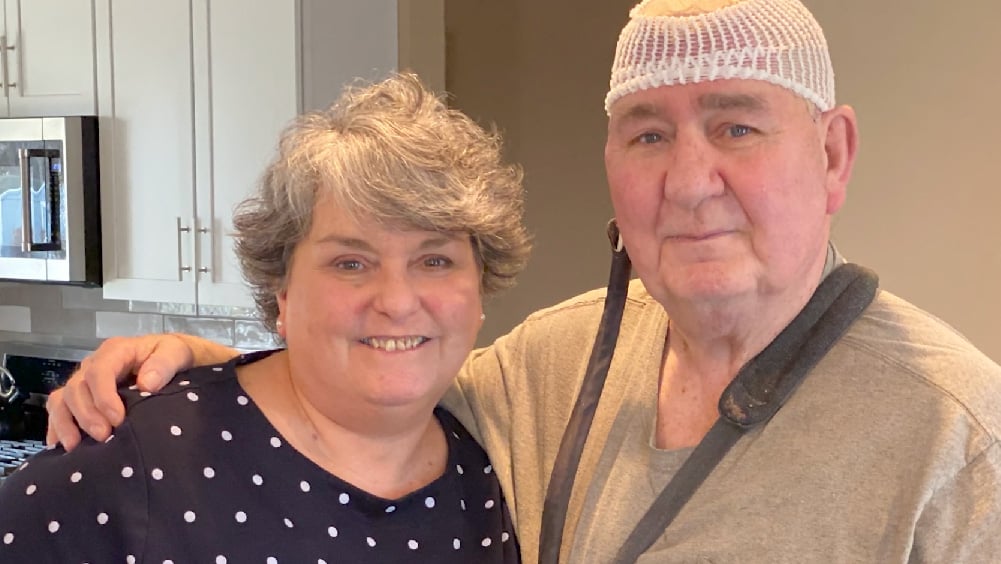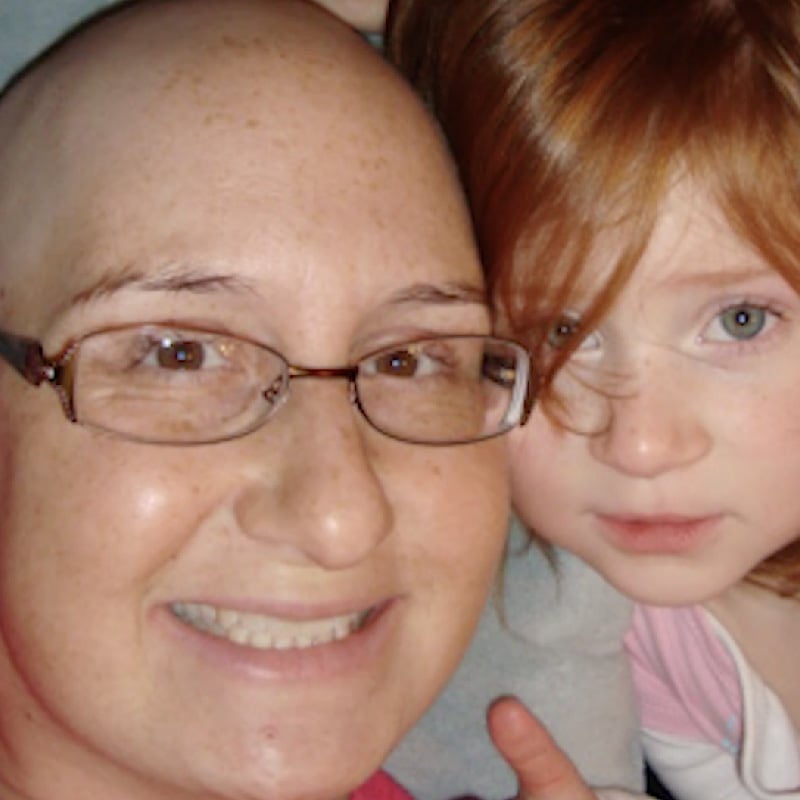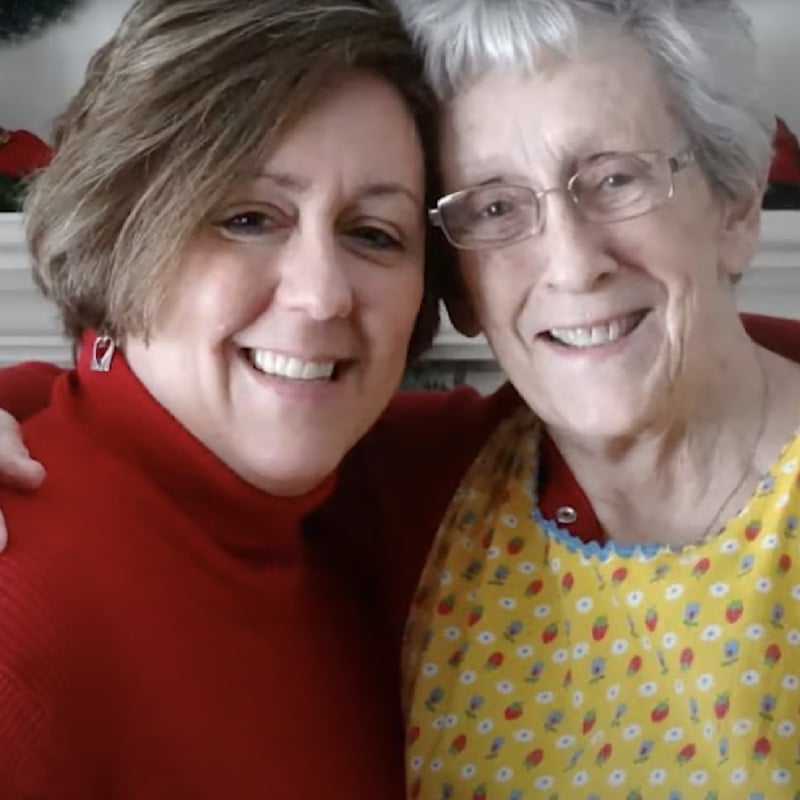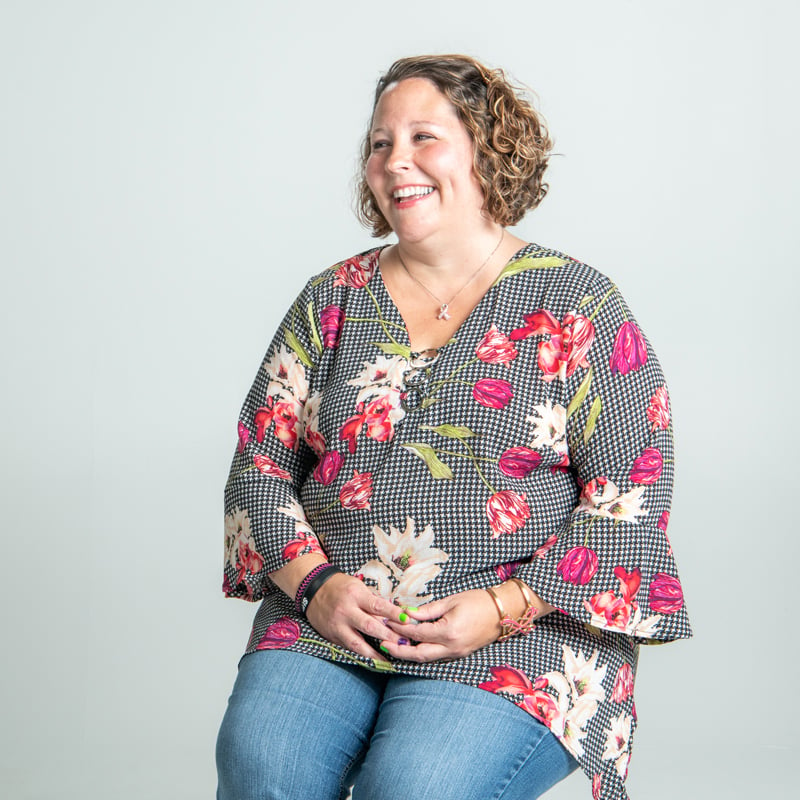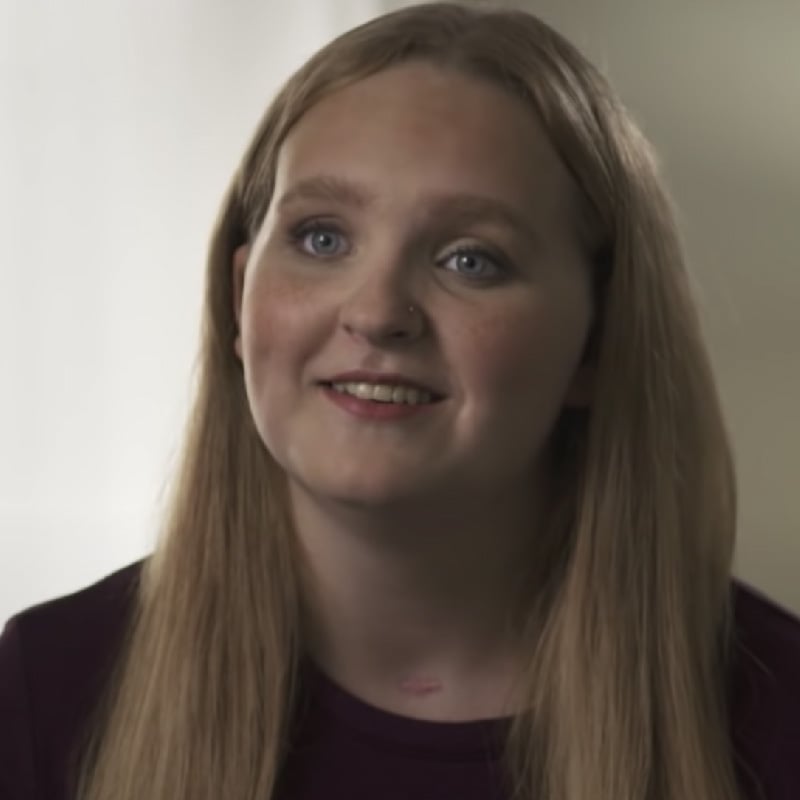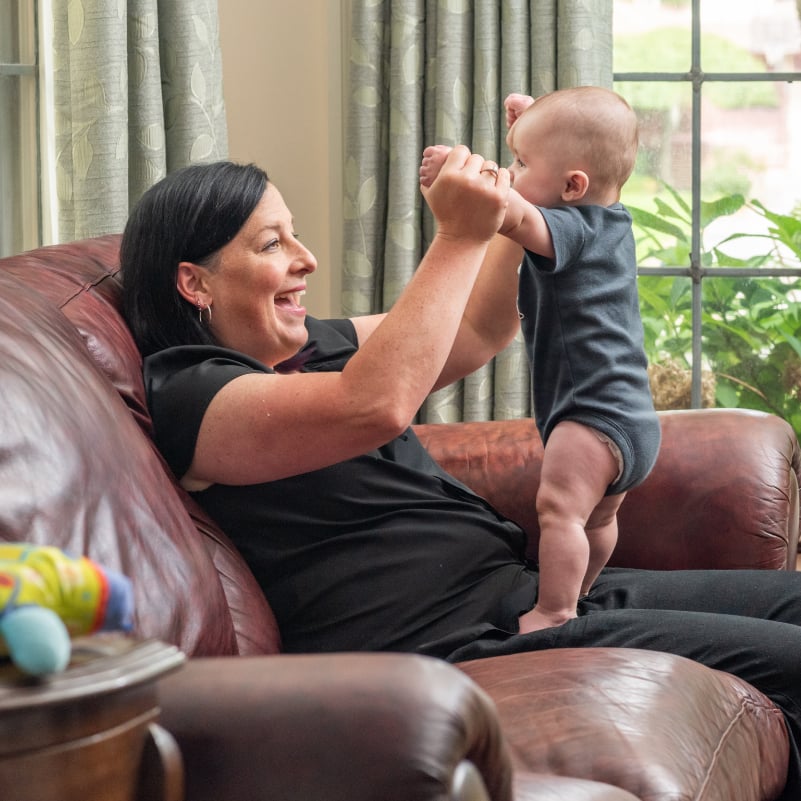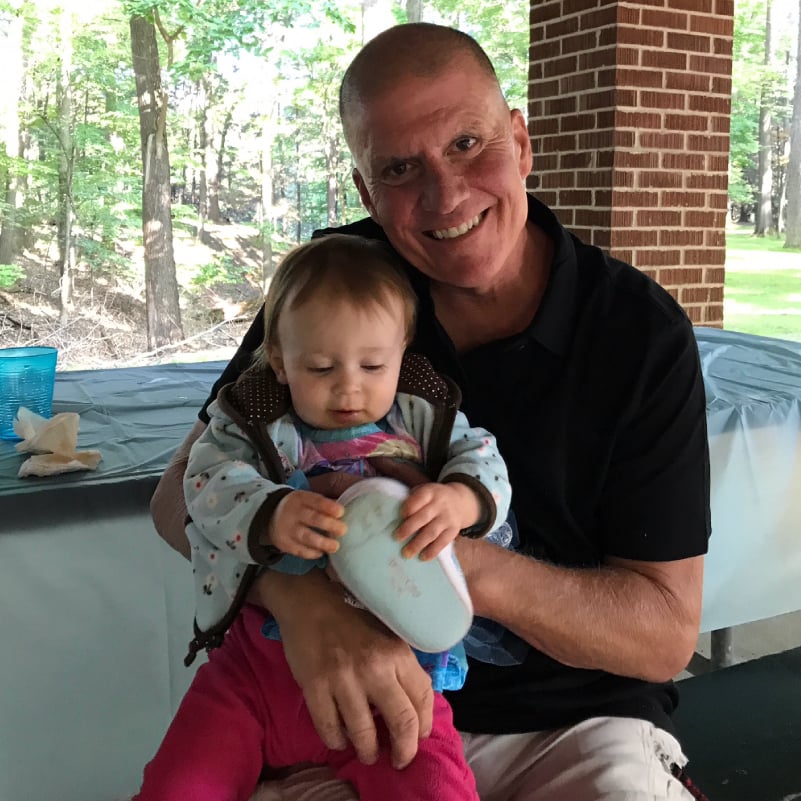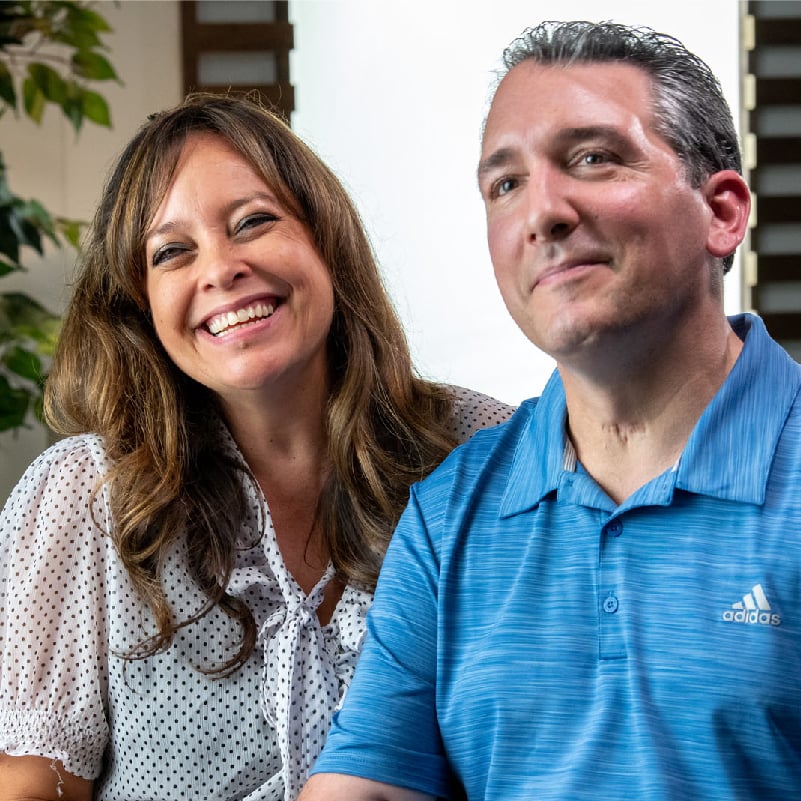In the late spring of 2019, Rob Pinson started to notice some weakness in his left arm. By Labor Day, the Albion native couldn’t use it any more.
Rob sought out help through Rochester Regional Health and the Lipson Cancer Institute, ultimately leading to a cancer diagnosis. Through his cancer treatment, he has a longer lease on life with help from an FDA-approved medical device.
“My original diagnosis was in September 2019 and I’m still here,” Rob said.
The diagnosis
“I always attributed it to just plain old muscle weakness,” Rob said of the weakness in his left arm.
But after a fall that left Rob unable to lift himself up, he decided to go to Rochester General Hospital to get a professional medical opinion. Within 90 minutes, Rob was diagnosed with glioblastoma and was admitted immediately.
“Glioblastoma is a very aggressive brain tumor, and is one of the most common types of brain tumors in the country,” said Sheema Chawla, MD, radiation oncologist with Lipson Cancer Institute.
Glioblastoma can be very difficult to treat and a cure is often not possible. However, for Rob, that all changed when he was offered OPTUNE®.
“Patients with [glioblastoma] typically have a survival rate of 12 months or less,” said Dr. Chawla. “But with the advent of radiation and chemotherapy and surgery, combined with a device called OPTUNE® – or Tumor Treating Fields – the outcome at two years has been extended. Rob’s case is now at 2 ½ years.”
A lifesaving device
Rob’s oncology team immediately got to work, placing him on several steroid medications to help reduce swelling and scheduling him for surgery 10 days later. The surgery was followed by chemotherapy and 6 weeks of radiation treatments for 5-6 days each week.
One of Rob’s advanced methods of treatment for his glioblastoma was a device called OPTUNE®. OPTUNE is a portable device that is FDA approved and is used after a patient completes surgery, chemotherapy, and radiation. The device is wearable using four adhesive patches on the scalp.
“The OPTUNE® device emits what is called ‘tumor treating fields’,” Dr. Chawla said. “The goal of the tumor treating fields is to kill the disruption of cancer cells and the tumor. That stops the progression of this cancer.”
The OPTUNE® device needs to be worn for as long as possible – at least 18 hours a day. It is portable and can be powered with rechargeable batteries or plugged into an electrical outlet. Patients can use the device at home or work, allowing them to continue their normal daily activities.
“This device is always with me,” Rob said. “It has oil and paint on it. When I’m painting in the house or building something in my workshop or crawling up under the truck to change the oil, this thing is giving me the opportunity to feel like I’m existing.”
“I’m very grateful,” Rob added.

